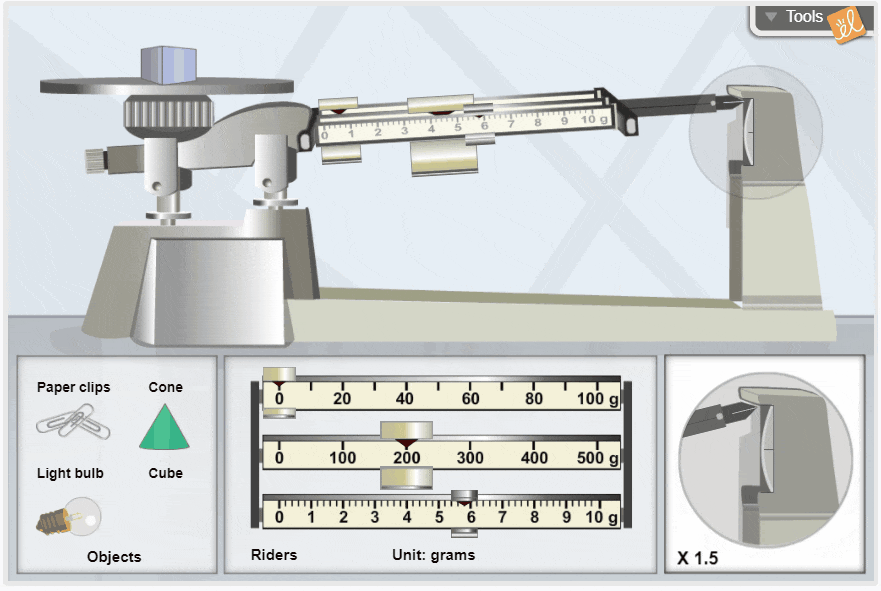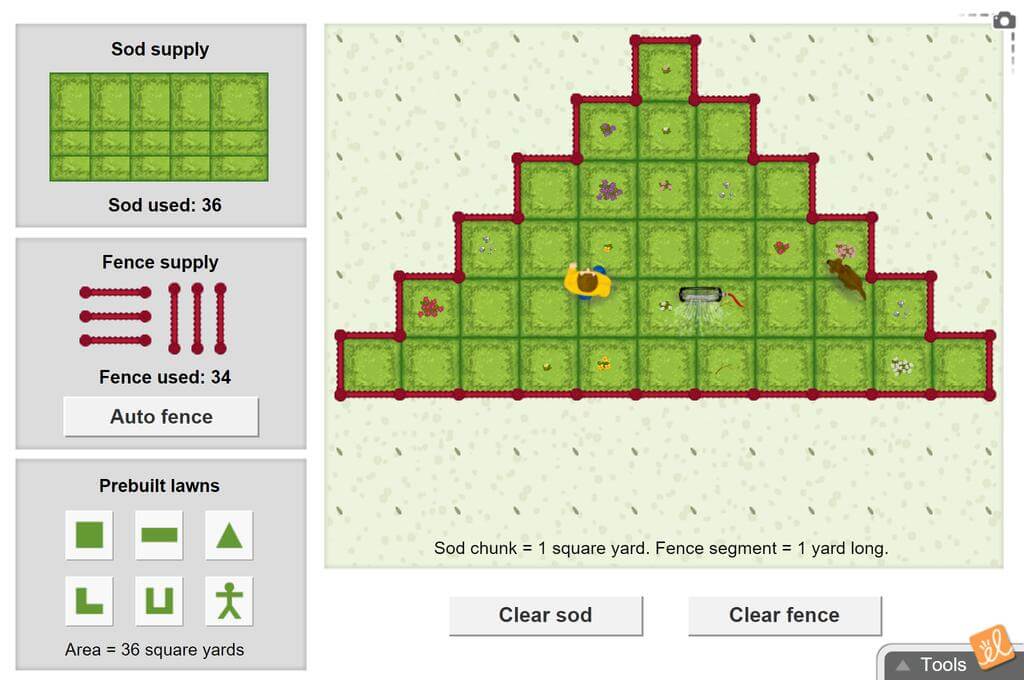
Conceptual understanding involves connecting an abstract concept and its implications to the real world. Conceptual understanding looks across disciplines at generalizations, like patterns, systems, and change, to help explain the world around us. Without this understanding, students hold on to previous understanding or simply memorize facts without understanding the concepts or what’s behind them. DoK is foundational for developing conceptual understanding.
What is Depth of Knowledge, and what are its concepts?
Dr. Norman Webb was a senior research scientist in the late 1990s at the Wisconsin Center for Education Research when he developed the Depth of Knowledge framework. As students progress through the Depth of Knowledge levels, rigor increases, building conceptual understanding. The overarching idea is for students to know and understand what they are learning, not just chant answers to questions.
How does Depth of Knowledge bring conceptual understanding to students? Webb’s Depth of Knowledge includes four levels of cognitive complexity needed to complete specific tasks.
- Level 1 - basic recall and reproduction of facts or information while acquiring knowledge
- Level 2 - demonstrate the basic application of the skill or concept
- Level 3 - strategic and analytical thinking to explain answers, reasons, and results
- Level 4 - use extended reasoning to consider what else can be done and how the learning can be used in real-world contexts
What is conceptual knowledge and understanding in education?
Students with conceptual knowledge and understanding know more than isolated bits of information. They can take ideas, integrate them into other disciplines, and apply them in the real world. Students develop a deep understanding and make connections to similar concepts. Conceptual knowledge and understanding happen when students aren’t simply regurgitating facts but developing, analyzing, and transferring knowledge of concepts to make decisions and assumptions in new situations.
What is an example of conceptual knowledge?
Think about conceptual understanding in math. Many students see math as processes and answers to memorize. They recite math facts without truly having fluency with those facts. They might follow the division process but don’t understand why the series of steps matters. Conceptual knowledge connects the dots between rote memorization of facts and generalizations that show a firm grasp of methods in various contexts.
What is the conceptual understanding process?
It’s all about making sure students develop integrated, abstract knowledge above and beyond basic facts. Help students get there by including these tips in lessons:
- Offer multiple ways to visualize and represent thinking.
- Encourage flexibility by allowing students to think outside the box.
- Engage in discussions that use language to describe, reflect, and evaluate their thinking.
How Depth of Knowledge leads to conceptual understanding
Depth of Knowledge has a significant impact on student learning and conceptual understanding. With DoK, there are considerations for the complexity and cognitive demand or thinking required to perform a task. Applying DoK to lesson planning and instruction allows students to develop critical thinking, problem-solving skills, and the conceptual understanding needed to be successful in today’s society. Think of it as teaching students how to walk up the steps to more advanced thinking by framing questions, assignments, and assessments with DoK in mind.
Using online simulations to transform conceptual understanding in the classroom
Online simulations like ExploreLearning Gizmos effectively promote DoK and conceptual understanding, and there’s research to support their use in class. From the book Technology in the Secondary Science Classroom, edited by Randy L. Bell, Julie Gess-Newsome, and Julie Luft:
“Computer simulations have demonstrated the potential to facilitate this process by highlighting students’ misconceptions and presenting plausible scientific conceptions… By exposing complex concepts and abstract phenomena, computer simulations offer the opportunity to engage students in higher-level thinking and challenge them to struggle with new ideas. Lessons involving computer simulations should remain student-centered and inquiry-based to ensure that learning is focused on meaningful understandings, not rote memorization.”
DoK is more critical than ever as the standards and state assessments require students to go deeper. The DoK Level 1 of recall and reproduction of facts is no longer enough. That level of cognitive demand would not allow our students to master the standard or the state assessment. Teachers must find ways to take students through all DoK levels to reach a conceptual understanding, and simulations like Gizmos foster that kind of strategic, analytical thinking.
“Computer simulations have demonstrated the potential to facilitate this process by highlighting students’ misconceptions and presenting plausible scientific conceptions… By exposing complex concepts and abstract phenomena, computer simulations offer the opportunity to engage students in higher-level thinking and challenge them to struggle with new ideas. Lessons involving computer simulations should remain student-centered and inquiry-based to ensure that learning is focused on meaningful understandings, not rote memorization.”
DoK is more critical than ever as the standards and state assessments require students to go deeper. The DoK Level 1 of recall and reproduction of facts is no longer enough. That level of cognitive demand would not allow our students to master the standard or the state assessment. Teachers must find ways to take students through all DoK levels to reach a conceptual understanding, and simulations like Gizmos foster that kind of strategic, analytical thinking.

Triple Beam Balance Gizmo
What are examples of simulation-based learning?
Take a look at the Triple Balance Beam Gizmo. Students use the science simulation that uses triple balance beams and observations of two objects, one floating and one sinking, with the same mass or volume. Beginning with a reproduction of informational knowledge in DoK level 1, the students discover a pattern for floating and sinking using mass and volume and create a rule using this information, testing the rule on other objects in the simulation. After the students test that rule, the teacher can introduce the density formula, and students can perform calculations to move into DoK levels 3 and 4. In all activities, students must justify their reasoning with evidence combining prior learning with new formulas. This Gizmo illustrates how simulation in education utilizes the DoK levels to build conceptual understanding.
Conceptual understanding in math is necessary because students need that level of understanding to apply the skills in real-life situations. With Fido’s Flower Bed (Area and Perimeter) Gizmo, students begin with a recall of basic facts to figure out the area and perimeter of a simple rectangular garden. Moving through DoK levels, students investigate different shapes and design their own gardens. The activities offer a variety of ways to visualize and represent their thinking as they solidify their understanding of area and perimeter.

Fido’s Flower Bed (Area and Perimeter) Gizmo